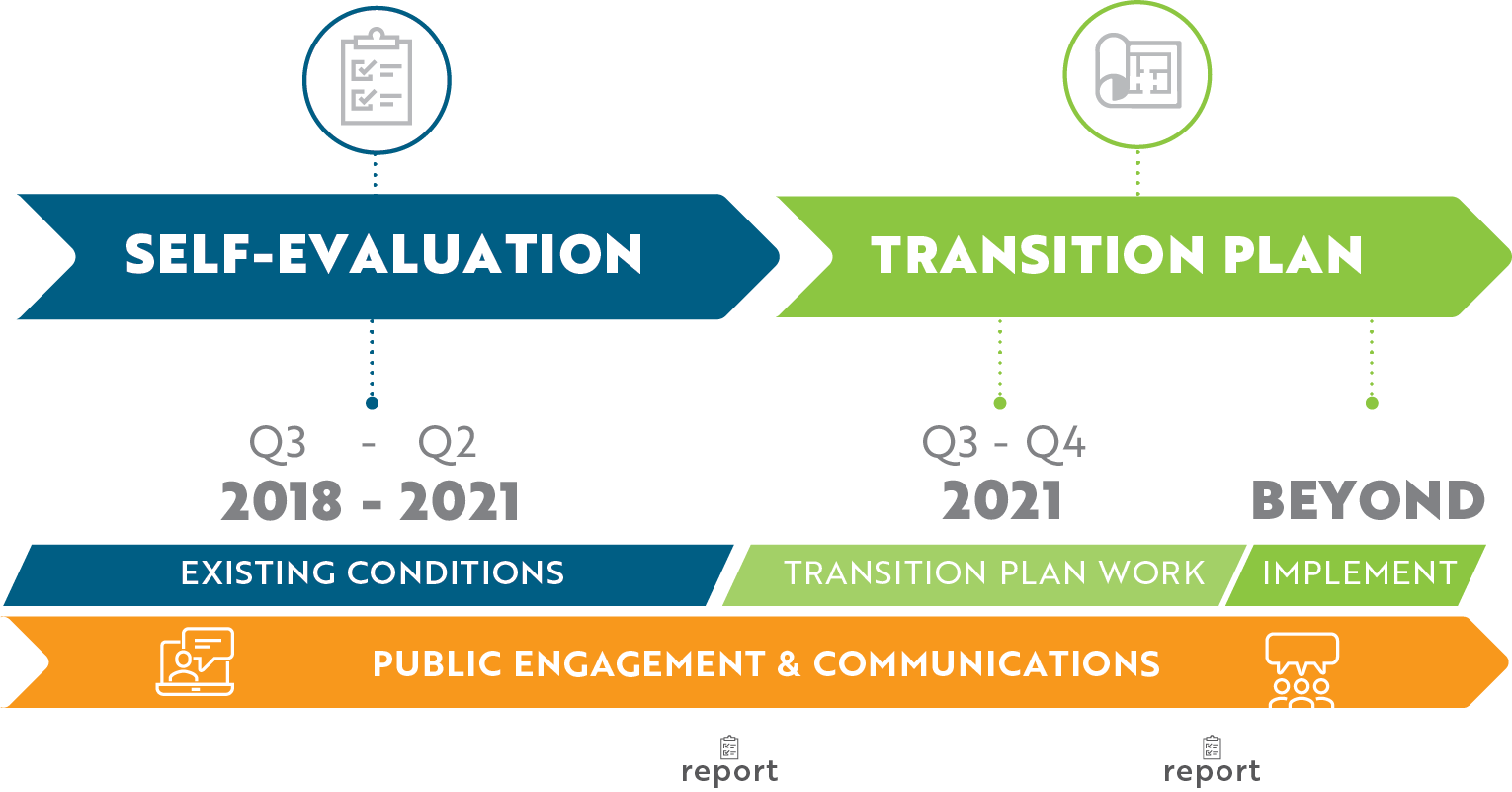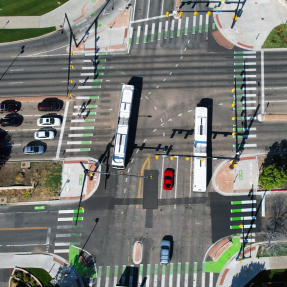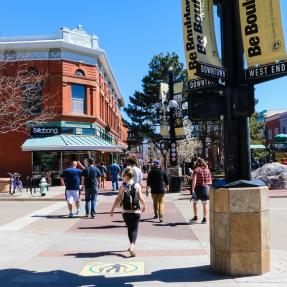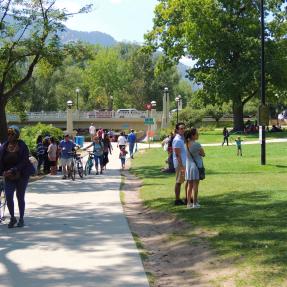Project Overview
The plan includes the development of a two-fold, future-thinking document. The ADA Self-Evaluation portion of the plan assesses how well the city’s transportation system — such as sidewalks, curb ramps, multi-use paths, pedestrian signals and crossings, and access to transit stops— complies with the Americans with Disabilities Act (ADA). The Self-Evaluation will look at existing policies and programs related to accessibility, engage with the public and inventory our transportation infrastructure to identify barriers and opportunities for improvement.
The ADA Transition portion of the plan will prioritize, plan and draft a schedule to make the improvements identified in the Self-Evaluation.



